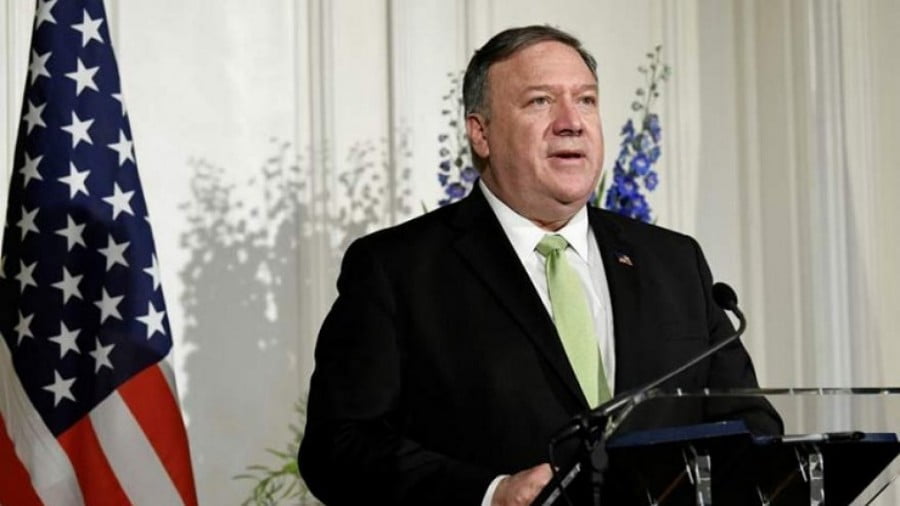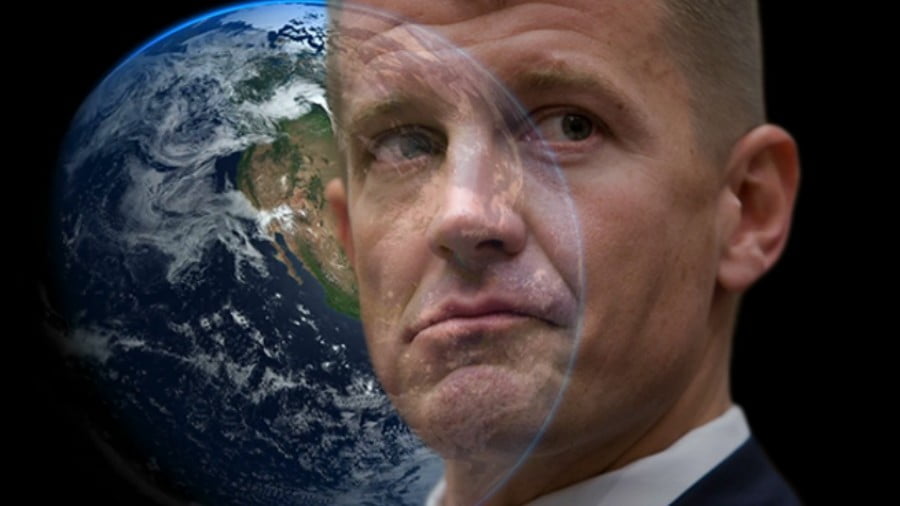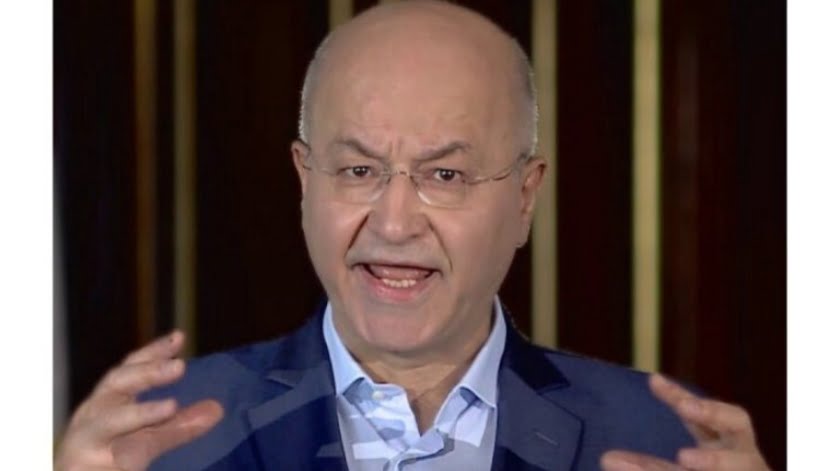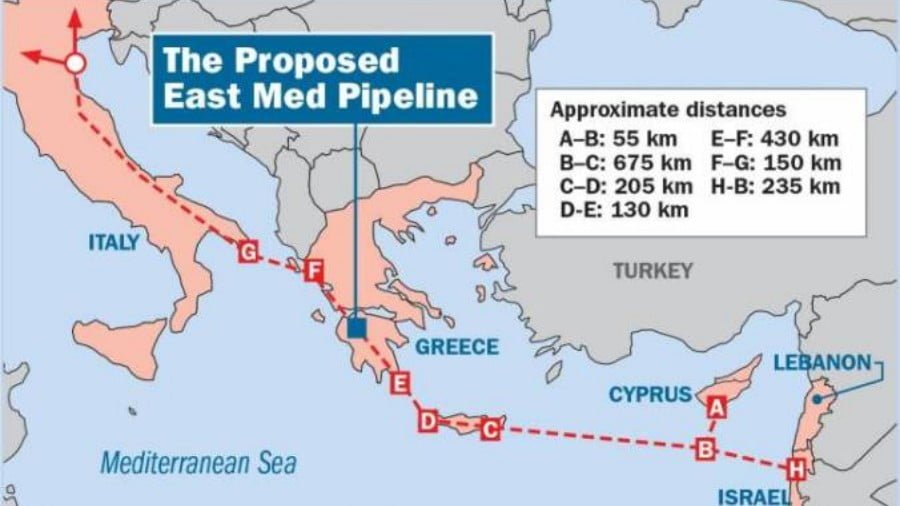Mike Pompeo Looks to Expand Quad
Central to the last foreign tour of US State Secretary Mike Pompeo in a number of Asian countries was a visit to India, where he and Secretary of Defense Mark Esper participated in another two-way meeting in the form of “2+2″. During the negotiations in Delhi, a wide range of issues related to both American-Indian relations and the overall situation in the Indian-Pacific Region were discussed.
But perhaps the largest issue raised was the prospect of the so-called Quad, which presently includes India and the USA, as well as Japan and Australia. It is worth reminding the reader that two weeks earlier, the second meeting of the Foreign Affairs ministers of the Quad’s participating countries was held in Tokyo, which became a noteworthy event both in respect of Quad’s future fate and the development of political systems in the region.
The other potential participants in the Quad include, among others, New Zealand and South Korea. Both of these candidates seem extremely questionable. New Zealand has the example of Australia, whose masochistic anti-Chinese policy resulted in the most unfortunate economic consequences for it. As for South Korea, it’s hard to imagine it sharing the same military and political organization with Japan, as Tokyo and Seoul’s relationships in recent years have turned disfavorable, if not outright hostile.
As such, Washington is examining other possible participants of the Quad project, whose dark shadow now looms large over the entire “post-Indian” part of Pompeo’s tour, which originally included visits to two island states in the Indian Ocean — Sri Lanka and Maldives — as well as Indonesia. The latter is one of those South-East Asian countries upon which the political picture in this subregion and, consequently, in the Indian-Pacific region as a whole depends substantially.
Quite surprisingly, Vietnam was included into the list of visited countries, published by the US State Department, only after Mike Pompeo’s visit to Indonesia, the day he left for Hanoi.
The official reason for this decision was announced to be the 25th anniversary of establishing diplomatic relations between the United States and Vietnam. The fact that it took place in July (1995), and not in October, was evidently ignored by Washington. For it was imperative to urgently continue the expansion of the aforementioned list with such a country so valuable for implementing various anti-Chinese projects.
As you may recall, ten days earlier the same Vietnam and Indonesia were visited by the new Prime Minister of Japan, one of the Quad’s members.
But as the long-running “grooming” of Indonesia and Vietnam by Washington (and Tokyo) doesn’t require further explanation, shedding some light on their relationships with Sri Lanka and Maldives won’t prove unnecessary. The special importance of these two countries is based on their critically important strategic position in the Indian Ocean. Controlling Sri Lanka and Maldives in one form or another can serve as a key tool in ensuring the secure and stable flow of one of the world’s major trade routes, by means of which oil and gas — the blood of modern economy — are transported from the Persian Gulf and East Africa to the leading Asian countries. Naturally, this same tool can be used “at the right time” to completely block the mentioned route.
Therefore, the route functioning smoothly is consistently described as one of the main initial tenets in the documents that regulate the issues of national security of all leading Asian countries. This is also the reason why the recent struggle for control over the situation in Sri Lanka and the Maldives between the two Asian giants — India and China — is so well defined in recent news. Japan’s role in this struggle, developing and expanding its presence in the Indian Ocean, including the military one, has become increasingly prominent lately.
And certainly, the US remained in picture, represented by several strategic commands: Indian Pacific, Central and, to a certain extent, African.
There can hardly be any doubt about the presence of an external factor (in the form of the major world players mentioned above) in recent outbursts of domestic political turmoil both in Sri Lanka and the Maldives.
As for the preliminary general assessment of the current head of the US State Department’s last trip to Asia, it hardly brought Washington any closer to its goal (now perhaps the most important one in American foreign policy), which is to create a political and military alliance directed against a new geopolitical opponent represented by China. In this matter, almost all countries visited by Mike Pompeo assume either a neutral (Indonesia, Vietnam) or an openly negative position (Sri Lanka, Maldives).
One of the reasons to consider an exception is India, the first country visited on this tour. But the current anti-Chinese trends in Delhi have not fully taken shape and are largely determined by the increasingly strained relationship with Beijing. Both these trends and this deterioration in relationships do not appear irreversible at all, however.
So far, the situation concerning Quad, both in its current format and (all the more so) in the supposed “extended” one is quite similar to what was observed in Europe during the Cold War. Washington’s potential allies prefer to observe its struggle with another (this time Chinese) “communism” from a distance.
However, it does not necessarily mean that this time the US wishes to get caught in a similar trap, prepared for it in the late 1940s (in compliance with the well-known “America in” plan) by their insidious European allies. It is possible that now, instead of a meaningless war with China (virtually on its own and only under the formal cover of Quad), Washington will prefer to successfully implement the “Phase 1” of trade and economic agreements with Beijing, as well as to outline the 2nd, 3rd, and following “Phases”.
One of the signs of this development is the new American administration’s gratitude to Pompeo for his fruitful work and his departure for a well-deserved vacation to restore his apparently shaken health.







